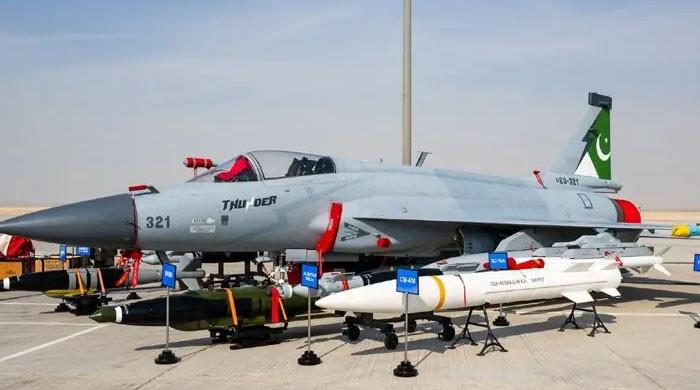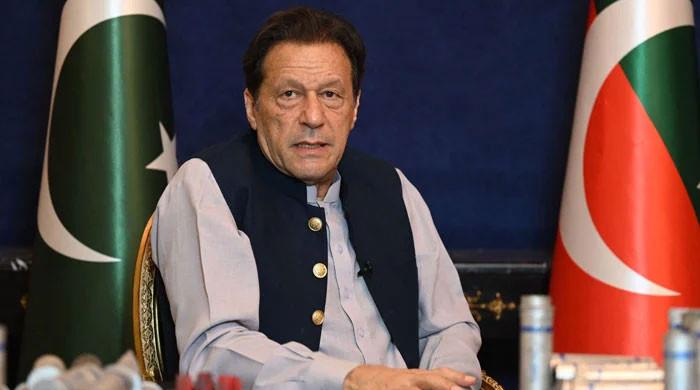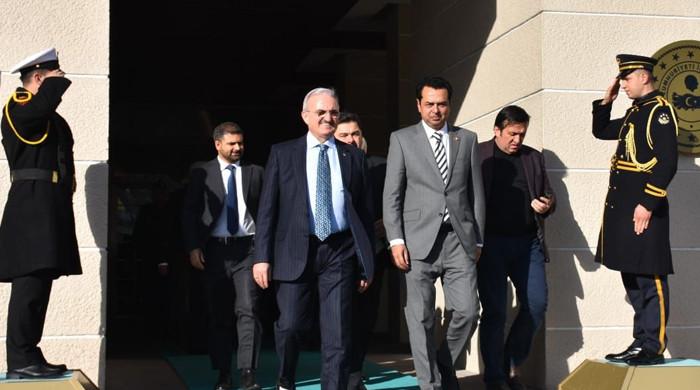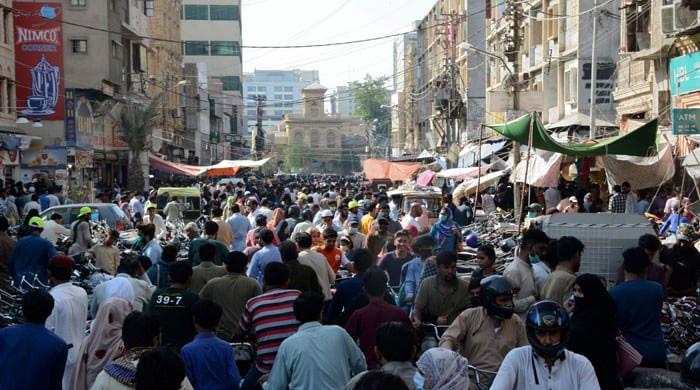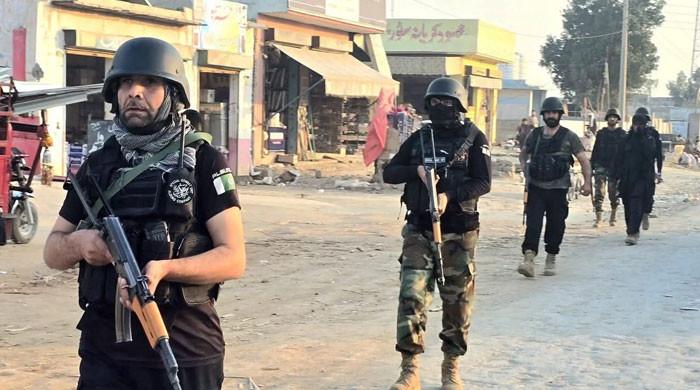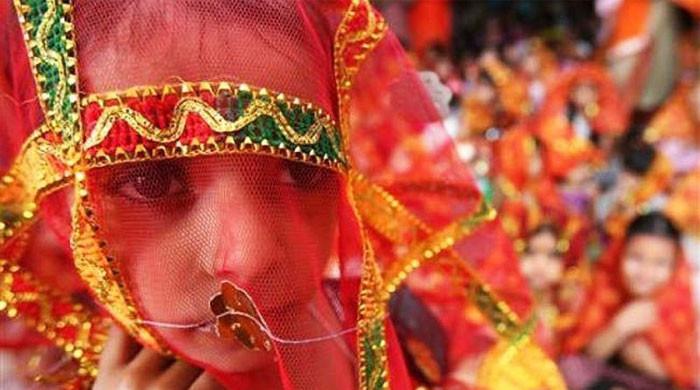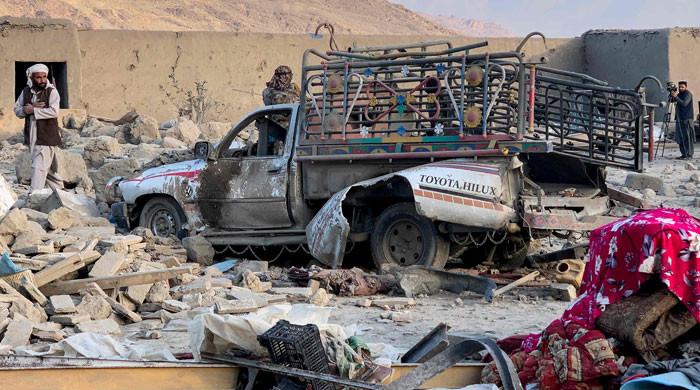World Trade Organisation's leadership race: Who should Pakistan support?
Two intelligent, experienced and impressive women are in competition to be the WTO’s next leader; who should Pakistan back?
October 21, 2020
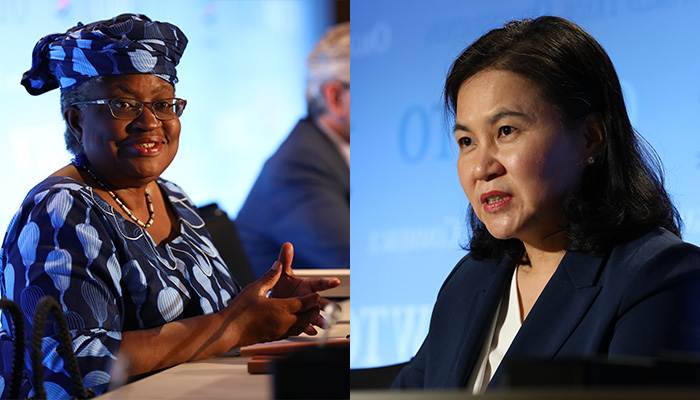
Pakistan has good reason to want the World Trade Organisation (WTO) to be a successful institution, which helps the world’s least developed countries to grow their economies. The country considers the multilateral trading system to be the cornerstone of its trade policy.
Pakistan is also a signatory to the South Asia Free Trade Agreement and has important bilateral free trade agreements with China, Indonesia and Iran.
With that in mind, Pakistan now faces an important choice.
Two intelligent, experienced and impressive women – South Korea’s Yoo Myung-hee and Nigeria’s Ngozi Okonjo-Iweala – are in competition to be the WTO’s next leader.
So, which one should Pakistan support?
Members must reach a consensus on which person should be its next Director General by October 27. At the moment, lobbying is in the final stages and telephone calls are taking place between presidents and prime ministers.
Asian perspective
Some Pakistanis might naturally want to back a fellow Asian for the role. On the other hand, they may think that Pakistan has more in common with a big, developing nation, such as Nigeria, than it does with relatively small, rich and successful South Korea.
Although Pakistan enjoys cordial diplomatic relations with both countries, it does not have a deep relationship or alliance with either of the two. And then, trade with South Korea and Nigeria is of little significance to Pakistan’s economy.
China’s role
In such circumstances, Pakistan is likely to consult with China – which Prime Minister Imran Khan regards as an “iron brother” – before making its decision. Some China-watchers believe the African candidate is Beijing’s favourite, especially as she might be persuaded to appoint a Chinese person as her deputy director general if she wins.
However, it has emerged during the campaign that Ms Okonjo-Iweala holds a passport from the United States. This could undermine trust with China, which encourages its friends to stand up against US pressure within the WTO.
Building bridges
In recent years, South Korea’s President Moon Jae-In has been careful not to join the chorus of anti-Chinese rhetoric, preferring to stick to a cautious middle ground. Yoo Myung-hee strikes a similar moderate tone.
Actually, I am somewhat surprised that she has reached this stage, considering that she was initially dismissed as an outsider. Now I take the view that she might just win the race, provided she can revive enthusiasm for multilateral cooperation.
Yoo Myung-hee in fact presents herself as a “bridge” candidate, aiming to overcome the divide between the US and China, and also between rich countries and developing nations.
She told a webinar organised by Chatham House recently that “inclusiveness and sustainability” are important for the WTO because it should “address the concerns of people and countries which have not gained much benefit from trade.”
Wealth of experience
While the nationalities of the candidates are influential, it is also important to consider their professional track records.
Yoo Myung-hee has a deep knowledge of the processes which guides the multilateral trading system, having specialised in that area since the mid-1990s. During that time, South Korea has become one of Asia’s richest nations, largely through trade, matched by patient diplomacy.
Ngozi Okonjo-Iweala is more lively and is an impressive communicator. She is also a highly educated economist and a former finance minister. However, she has less in-depth knowledge of trade policy. During a webinar organised by Chatham House in July, she brushed off claims she lacks experience. "Most of all," she said, “the choice for director general should go beyond technical skills – you need boldness, courage,” she said.
Fighting corruption
Another area in which South Korea scores well is the fight against corruption. South Korea ranked 39th on the global corruption perception index,, published by Transparency International in 2019, an improvement of two places since the year before. Nigeria, on the other hand, languished in 146th position, 26 places on the table below Pakistan.
Critics of Ms Okonjo-Iweala claim that nearly a billion dollars a month went missing from Nigeria’s oil revenues when she was finance minister. "I think it's a shame she is even being considered for the role of director of the WTO " Sarah Chayes, author of Thieves of State, a book about corruption, told AFP.
Considered choice
Personally, given Yoo Myung-hee’s greater experience in the field of international trade, she is the candidate who has the edge.
It also helps that South Korea’s status has risen, alongside its economic development, built on trade. On that basis, I believe that Yoo Myung-hee offers the members of the WTO an opportunity to learn from one of the architects of this impressive progress. She should be a particular inspiration to the women of Asia.
***
Bartlett is the Editor of Asian Affairs magazine and has reported as a BBC Correspondent from South and East Asia.




